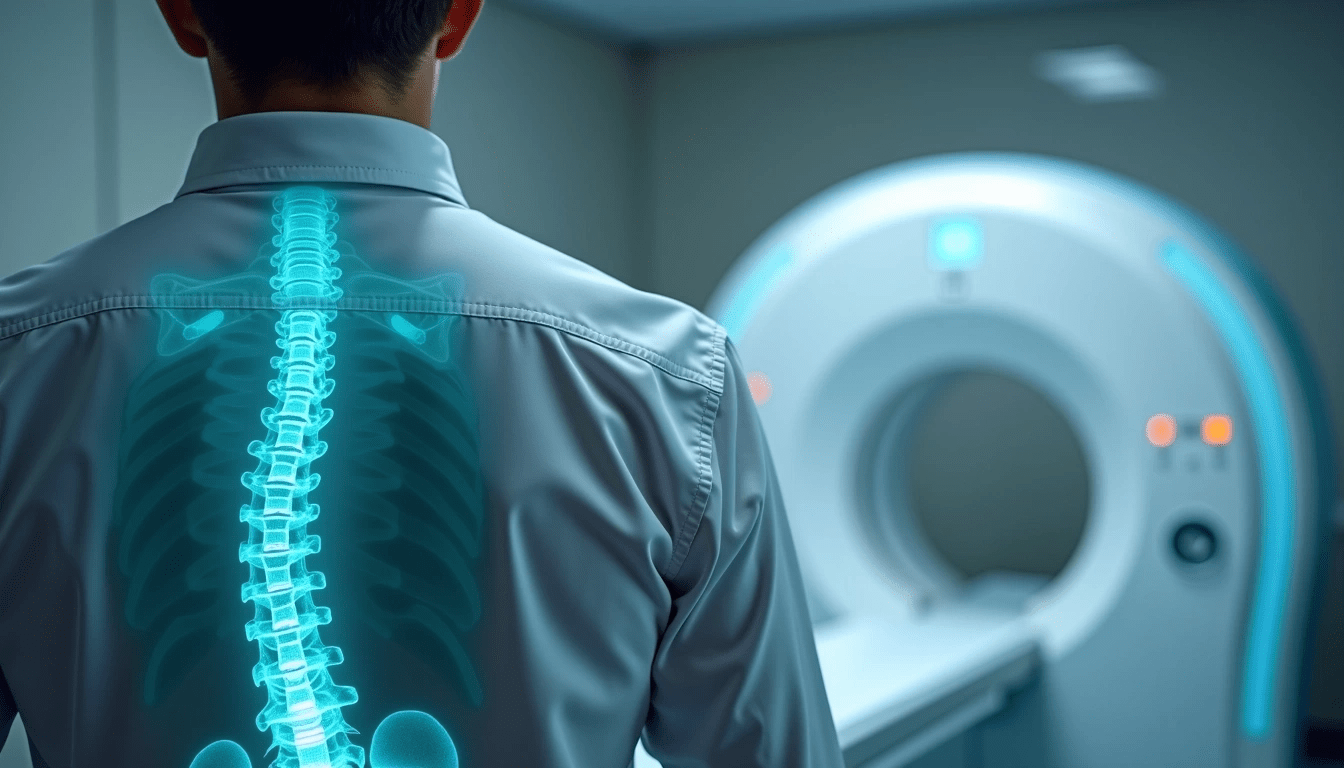Introduction
Kidney stones are extremely painful and uncomfortable and require immediate medical attention. When severe pain occurs, the type of care we may need is urgent care, saving us from suffering with symptoms through pain management, hydration therapy, and medical intervention. This guide covers when to go to urgent care for kidney stones, treatments available and how to prevent them from coming back.
Understanding Kidney Stones
Kidney stones are hard deposits of minerals and salts that can develop in the kidneys when urine is concentrated. They come in different sizes, and they can cause pain as they pass through the urinary tract.
Causes of Kidney Stones
- Dehydration: Decreased water in the body results in concentrated urine, making it easier for stones to form.
- Diet: High oxalate foods (e.g., spinach, nuts) play a role in stone formation.
- Genetics: A family history of kidney stones increases the risk.
- Obesity: Carrying an excess weight changes how kidneys work.
Excessive Sodium More salt means more calcium in the urine, which can form stones.
Symptoms of Kidney Stones
Severe pain felt in the lower back, belly, or side
- Blood in urine (red, pink, or brown color)
- Frequent or painful urination
- Nausea and vomiting
- Cloudy or foul-smelling urine
Fever and chills if there is an infection
When to Go to Urgent Care for Kidney Stones
- Moderate kidney stone pain is best treated at an urgent care. Seek urgent care if:
- You have pain that is constant and not relievable by over-the-counter medications.
- You have trouble peeing or it burns when you pee.
- Blood appears in your urine.
- If you have nausea or vomiting, you can’t stay hydrated.
Urgent care centers offer pain relief, imaging tests and medical advice on how to manage stones.
What to Expect at Urgent Care
When you go to urgent care for kidney stones, the medical professionals there will evaluate your condition and provide pain relief immediately.
Evaluation Process
- Medical History Review: Subjective interview.
- Also called a physical examination: The physician can take a look for some tenderness within the decrease again or stomach.
- Urinalysis: Test for amount of blood, infection, and minerals
- Imaging tests: You may receive X-rays, ultrasounds, or CT scans to assess the size and location of the stone[s].
Urgent Care Treatment Options
- Pain Control: NSAIDS (such as ibuprofen, naproxen) or higher with strong pain.
- Fluid Therapy: IV fluids flush out stones.
- Alpha Blockers: Drugs (like tamsulosin) that relax the ureter, facilitating the passage of stones.
- Antibiotics: Antibiotics are indicated in case an infection is diagnosed.
- Kidney Stone Pain: How to Get Quick Relief
Kidney stones — primary concern pain relief. Treatment includes:
NSAIDs & Rx Meds: These include ibuprofen and naproxen, which alleviate inflammation and pain.
- Heat Therapy: Applying heat to the lower back using a heating pad helps to relax the muscles.
- Hydration Therapy: IV fluids facilitate stone elimination.
- Alpha Blockers: Relaxing the urethra allows stones to pass with less discomfort.
- Opioids (when needed): Prescribed in severe pain that is above 10/10.
Over-the-Counter Remedies for Managing Kidney Stones
- For small kidney stones, you may be able to manage symptoms at home:
- High Fluid Intake: 2–3 liters of water to avoid stone formation.
- Lemon juice: Citrate dissolves calcium-based stones.
- Apple Cider Vinegar: Acetic acid might help dissolve stones.
- Pain Relievers Over-the-counter medicines to relieve discomfort.
- Physical Activity: Exercising may help to pass the stone.
When This Is an Emergency Room Situation, Not Urgent Care
- Although urgent care can manage mild to moderate cases, you need emergency care if:
- Unbearable pain that no medication, not even morphine, would alleviate.
- A high fever followed by chills suggests infection.
- You can no longer urinate because a blockage is preventing any liquid from exiting.
- Hydration is impossible because of severe nausea and vomiting.
- The ER also offers immediate treatment including possible surgeries.
- Dietary recommendations for the prevention of stones: Long-term considerations
- The prevention of kidney stones is about diet and lifestyle modifications.
Dietary Changes
- Hydration: 8-10 glasses of water per day
- Avoid high-oxalate foods: limit spinach, nuts, chocolate.
- Sodium intake: Avoid overconsumption of salt to reducs.e calcium excretion.
- Consume Citrus Fruits: Eat fruits that contain citrates such as oranges or lemon
Lifestyle Modifications
- Keep to a Healthy Weight: You are more likely to develop kidney stones if you’re obese.
- Understand Our Role: Regular workouts keep kidneys functioning optimally.
- Verify Calcium Consumption: Receive calcium from food instead of supplements.
-
FAQs
Can kidney stones be diagnosed at urgent care?
Yes, urgent care centers can conduct imaging tests and urine analysis to help diagnose kidney stones.
When Are Kidney Stones Treated in Urgent Care?
Urgent care can provide pain management, hydration therapy and medication to facilitate passage of the stone. They may give you a referral to a specialist if necessary.
Which Pain Medications are Most Effective for Kidney Stones?
Nonsteroidal anti-inflammatory drugs (NSAIDs), such as ibuprofen and naproxen, are effective. Prescription medication might be necessary for severe pain.
How long to pass a kidney stone.
Small stones can pass in a few days, while larger stones can take weeks or require medical intervention.
When should I seek care at the ER, not urgent care?
Seek emergency care for severe pain, high fever, total urine blockage, or severe dehydration.


